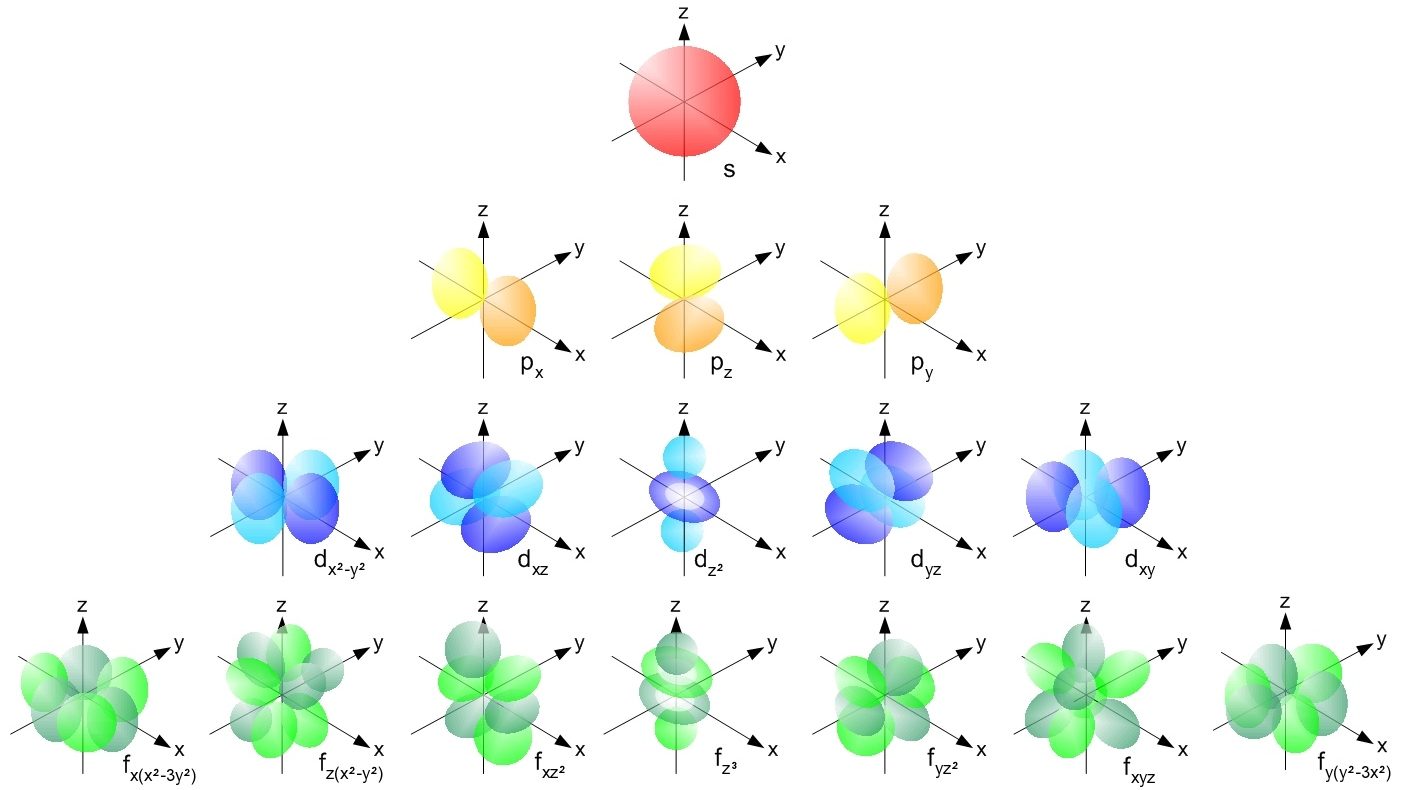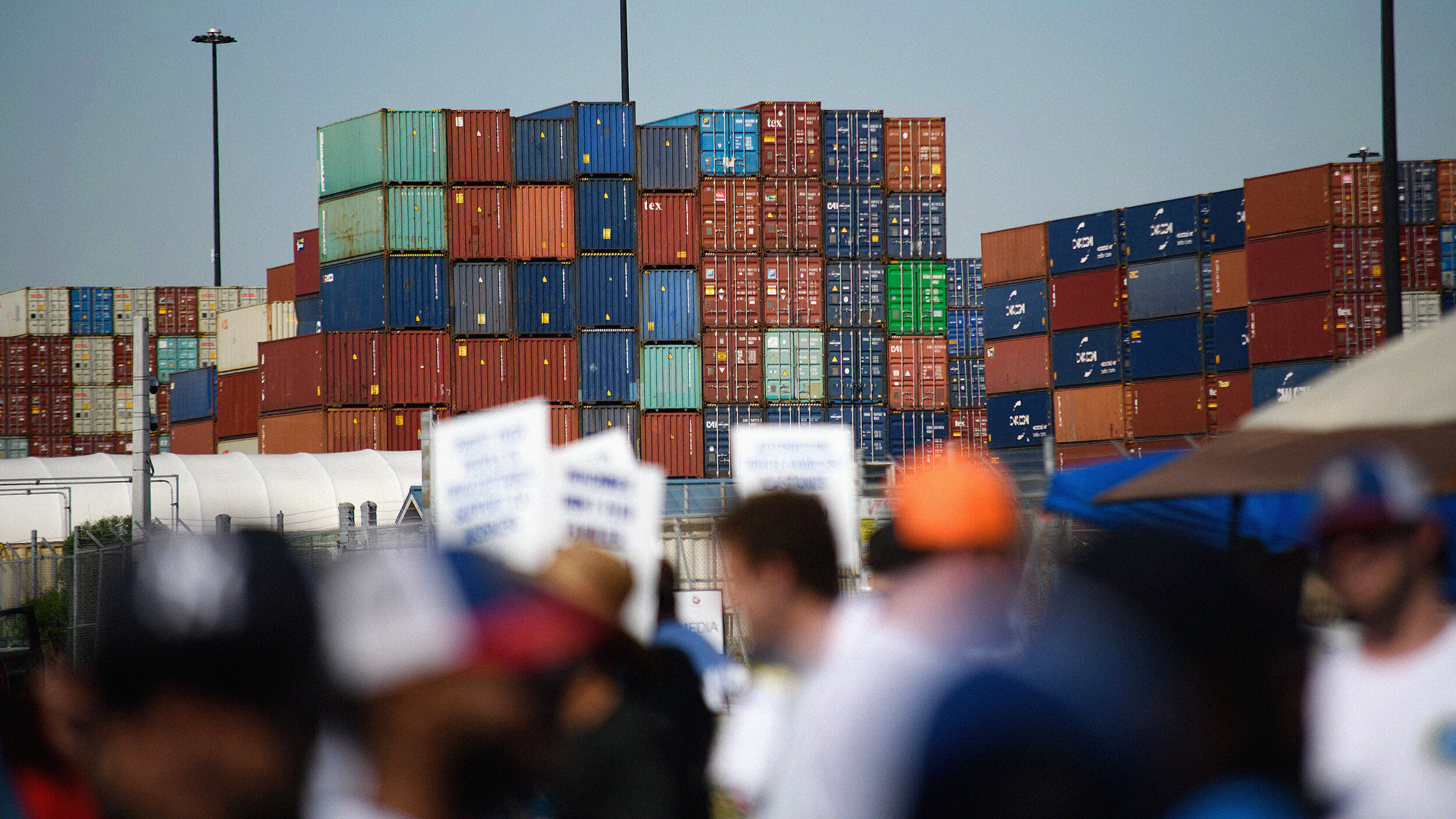Helping the “bottom billion” in Uganda.
Question: How does MAP make a profit?
Michael Landau: Uganda is a very solid country. It’s a very, it’s one of the fantastic success stories. It’s referred to as the tiger of Africa. So we know we can make an investment in the country. We know we can trust the country. And we know that the people in the country have got enough money that we can, we can make a good living, you know. Even if they’re earning $70, $80, the efficiencies that we bring to them by their ability to earn a 100, to get a 100 percent of their money, not stand in line, before they have to go and pay their school fees or go and pay their other requirements, we know that it’s worth it for them to pay a subscription fee, a monthly subscription fee. They’re buying their time anyway. So we can make our commission on their terms. We create our money out of creating efficiencies for the people so we know we can go and make money.
Question: How has your work been affected by the financial crisis?
Michael Landau: The way that it’s affected my investment work is that raising money for our company or private company and, like old private companies, you need, we need equity in order to be able to evolve our process. We’re not in the public market and raising public money so raising money has been difficult for us. You know, because of the crisis, you know, people are far more careful in where they look to invest their money.
But other than that, in terms of the need of the people that we’re working with, they are, you know, a little bit below the radar screen, you know, kind of in terms of, you know, kind of they, they have to worry about their mortgage, you know, kind of not being able to pay their mortgage. These people don’t have mortgages.
So, and the financial crisis has been affecting the various countries. I think the way it is going to affect us is in the positive way because I think that the amount of money that’s going to be available for these countries to partner with us, with their own available resources to create solutions is going to be very limited. The donor countries are going to have a lot less money to go and provide the aid and just give blanket money. So I think it’s going to be a blessing in disguise for private sector companies who are looking to do public-private partnerships. I like to refer to them, sometimes, as tri-party public-private partnerships. And as much as there’s a donor country that wants to give money, they want to make sure that their money is used well and it doesn’t disappear. The donor countries want to receive money. They want it to go into long-term sustainable projects that are going to be successful for the people. And then there's the private sector, like MAP, that will be able to be the linchpin that will provide, you know, the technology, the know-how kind of the private sector, you know, gumption to create the solutions that these countries need.
So I think that from the perspective of private sector companies doing the business like I am doing, which is working at the bottom end, working for the, whether it’s the bottom billion, the bottom four billion, but, basically, the people who are, you know, kind of earning the two dollars a day, the three dollars a day are earning, you know, certainly kind of people who are in these less developed countries. That, I think, the current financial environment is going to focus the donors and focus the recipient countries into working more efficiently with a limited amount of money. And I believe that they’ll actually kind of come out to our benefit.
Recorded on: May 15, 2009





